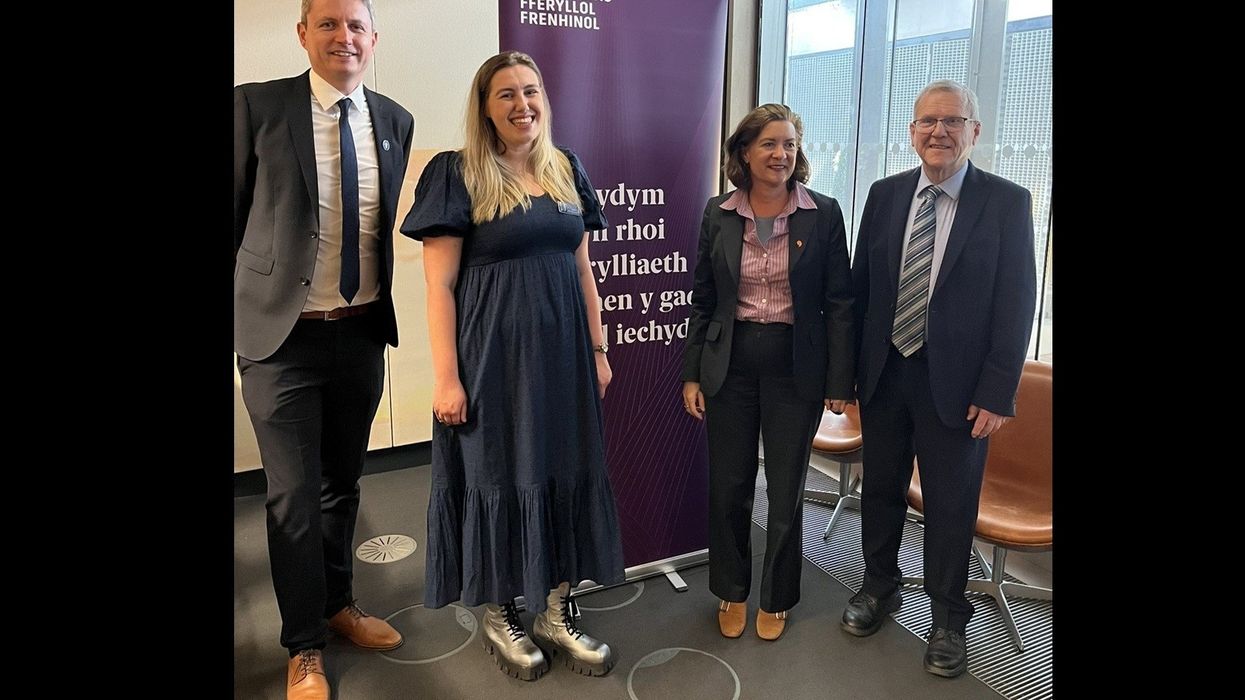The GP Community Pharmacist Consultation Service (GP CPCS) is also delivering ‘unexpected’ insights to help transform patient care and facilitate integrated working between pharmacists and GPs across Greater Manchester.
Since April 2021, almost 14,000 appointments have been referred using the GP CPCS across the Greater Manchester Health and Social Care Partnership – a figure that is growing as its success gathers pace and they continue to support practices to increase referral activity.
Joshua Nolan, a pharmacist at Internet Pharmacy in Heywood, one of the first in the area to join the referral service, said: “The number of patients we’re seeing from GP CPCS has been building consistently month-on-month. On average we see around 50 patients, but recently we recorded 53 in just one week.”
The pharmacist, who has been practicing for six years and is also an independent prescriber, believes the GP CPCS has helped bring about more awareness to the clinical services community pharmacy can offer.
He said: “Community pharmacy is perfectly placed to help alleviate some of the pressure on GP practices. There’s more to us than dispensing medication and the support we provided during the pandemic, and through the GP CPCS, is helping raise awareness about the wide range of clinical services people can access through us.”
While the GP CPCS is achieving its objective of relieving the burden on general practice by directing patients with low acuity conditions for care within pharmacy, the Greater Manchester Health and Social Care Partnership has also gained an added benefit of being able to monitor the quality and uptake of the service thanks to the technology managing the referral process.
Alison Scowcroft, a member of the GP CPCS working group, said: “We’ve never had this insight before. The information we can access through EMIS software is helping us to paint a clear picture of where the GP CPCS is working well and where improvements need to be made. It’s helping to strengthen the collaboration between GP practices and community pharmacies.
“By examining the data, we can identify areas where we can improve, such as providing additional training to non-clinical staff to support them in better signposting patients who are suitable for the GP CPCS. The data is so important.”
The introduction of the GP CPCS across Greater Manchester has been well received by GPs. The majority of GP practices are now signed up to the GP CPCS with only 3 per cent still to join.
Luvjit Kandula, a member of the GP CPCS working group, said: “Our original aim was that by March this year, 50 per cent of GP practices would be live with the GP CPCS. But supported by the Winter Access Programme initiatives, we’ve far exceeded that, with 97 per cent of GP practices now signed up. We have seen great collaboration at a local level between general practice and community pharmacy.”
The working group adds that the data generated through EMIS software, during the referral process, is also helping them to better understand patient needs and how community pharmacy can further support the delivery of primary care. Providing ‘unexpected, but vital’ healthcare insights.
Louise Gatley said: “Over the year we have seen the seasonal health trends you would expect – coughs, colds, and flu like symptoms during the winter months. But we’ve also seen some interesting trends that we can respond to.”
Through the data analytics the working group has been able to track a number of trends, identifying a high level of patients with minor skin conditions and 20 per cent of all referrals to date being for children under the age of 10-years-old.
Pharmacist, Joshua Nolan adds: “The majority of patients we see through the GP CPCS are children, with parents wanting advice and often just reassurance. Most of the referrals are about skin complaints, such as rashes, and more recently there has been an increase in people coming to us for help with Chickenpox and hand, foot and mouth disease.”
Diane Murphy, project officer, Greater Manchester Health and Social Care Partnership, said: “Getting the technology right to support GP CPCS was critical. From a commissioning perspective, the insight, as well as how simply the integration has been for pharmacists and GP practices, is important to ensure we get the full benefits of the service – helping clinicians and achieving better patient outcomes.”
















